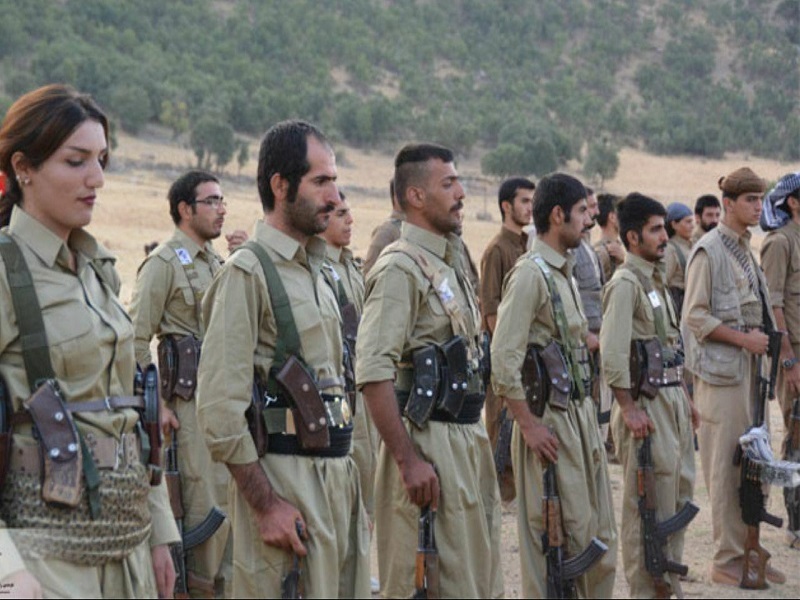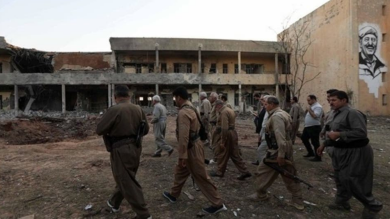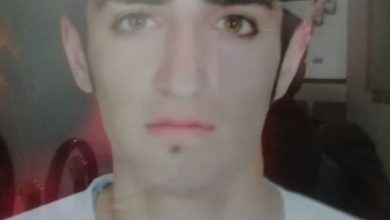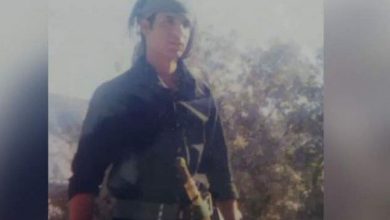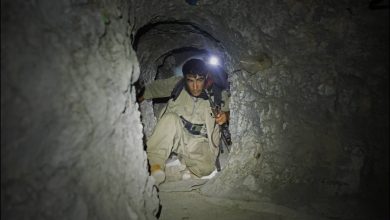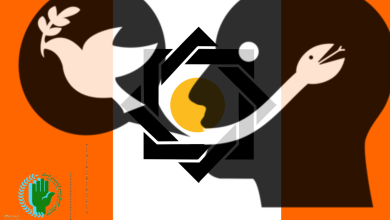In terms of water resources and vegetation, the border areas of Western Iran are among the richest ones of the countryThese natural landscapes have always had suitable opportunities to be taken advantage for agriculture, raising animals and related industry, while the unique beauty of this part of Iran offers opportunities to attract tourists for making income. The rich and original culture of the local people in these areas makes it to be a fascinating component to attract tourists, investors and even those who are, for various reasons, interested in seasonal or even permanent accommodation in the nice climate of Iran.
As an integral part of the ancient history of Iran, the Kurdish people of country have played a role in various periods of Iranian history. The cultural, economic and social role and, most importantly, the courage of these people in defending Iran have led us to consider them, in a beautiful way, as the most Iranian people among the Iranian ethnics.
Following the 1979 Islamic Revolution of Iran, the role of the Kurdish people in defending the territorial integrity of the country has been effective and exemplary. However, the dangers the western border areas of the country faced, especially after the Revolution, are also unique for being multiple and diverse. The courage of the Kurdish people has always been a main factor in defending and maintaining Iran’s security against aggression and invasion in the west of the country.
For various political and geographical reasons, however, the western areas of the country, especially Kurdistan province, have always been exposed to tensions. The question of ethnic provocations and claims for separatism have been one of the most serious examples of hostilities and conspiracies in the western part of the country. Harassing the local people by separatist groups claiming to be Kurd began at the early days of the Revolution, in the form of border tensions, cooperation with Saddam at war, assassination, and aggression. Although such disturbances have become weaker in the present relative political and security stability, but the problem still remains, and the costs and direct damage are still borne by the people in berder areas in western Iran. To investigate some of these cases, we have interviewed families who have been directly affected by the new type of threats and harassment.
Mr. Mohammad Khalifani is a Kurdish citizen of western Iran. He is the father of Mobin Khalifani, a 17-year-old boy recently abducted by an armed group. Although Mobin seems to be a teenager, but according to the UNICEF’s international definition, people under the age of 18 are considered as children and therefore have to be exempt from fighting in any disputes and are even subject to numerous immunities under human rights law.
As in terrorist groups such as Kurdistan Democratic Party of Iran (KDPI also known as hadak), many cases of abuse are seen as usual and repetitive, so it is common for Mr. Khalifani’s son to be deceived. In fact, terrorist groups claiming to fight for the rights of the Kurdish people have deceived children as they face illegitimacy and inability to recruit the people. Terrorists are looting Kurdish children on the Kurdish border, which has led them to focus on the deception and abduction of these children and their transfer to the group’s camps in the mountains of Iraqi Kurdistan in recent years.
Mr. Khalifani has found out that his son Mobin had been deceived by promises of work, a better life and marriage among the members of KDPI in several times of secret communication with the members of HADAK, and this has led to his being deceived.
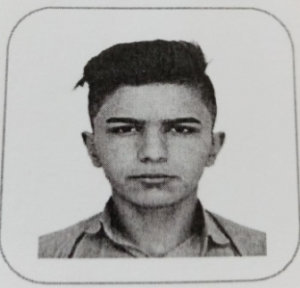
Mobin
The agents of these groups are trained to deceive children and in the process of communication, they convince their victims to be silent on joining the group. The same issue makes families always the reality after the abduction of their children, of course, they can do anything following it.
Following their entering the terrorists’ campss in the new mountains, children like Mobin realize that they are going to live in the most difficult conditions, and not only is there no news of the promises made, but living with weapons and the possibility of clashes in the mountains at any moment means death is near. Mr. Khalifani told the Iranian Kurdistan Human Rights Watch (IKHRW) that the covert movements by the agents of these terrorist groups into the country have challenged the security of the border people. In addition to the potential threat posed by the abducting of villagers’ children, the terrorists are also asking the people for bread and food and other things in this region. He says some of these terrorists are extorting the villagers because they are armed.
Mr. Khalifani says that groups such as the KDPI claim to liberate the people of Kurdistan and lead this region to independence! While this has never been a request of the Kurdish people, they definitely want to get rid of the terrorists. Pourmohammadi family is another Kurdish victim from the border area whose child was abducted by HADAK terrorists and whose fate is unknown.
Sonia, a 15-year-old girl, is the daughter of the Pourmohammadi family, and naturally this hurts the parents.
Sonia’s family lives in Sangan village and her father, Mr. Rasoul Pourmohammadi, is a well-known person in Oshnaviyeh city. Mr. Rasoul Pourmohammadi who is in good financial condition told us in an interview:
He says he is willing to spend all his assets to get Sonia back. Mr. Rasoul Pourmohammadi adds that in the first days after Sonia’s disappearance, he thought that his daughter had been taken hostage for ransom, but when he was contacted by the KDPI for money, he realized that Sonia had been abducted by this terrorist group.
Mr. Pourmohammadi says that on the one hand he is not willing to pay any money to these terrorists because he knows this money is spent against the security of his fellow citizens, but on the other hand he and his family have lost their peace and they are worried about their little girl in the HADAK. What happens to his daughter among a violent and armed man? Mr. Pourmohammadi says that Sonia was studying in the eighth grade and hoped for her a better future, but it is not clear whether he will be able to meet and hug her daughter again ?!
According to Sonia’s father, she also suffers from epilepsy, and fears at night so she has to sleep in her mother’s arms, but trapped in the mountains and among terrorists now. Investigations into Sonia’s abduction show that she and three of her friends, who are also uder ages, have been deceived by members of the KDPI terrorist group.
Mr. Pourmohammadi believes that after the 1979 Revolution, security has been established in the western border areas of the country, but these terrorists have been trying to disrupt the security of the Kurdish people for the recent years. He calls on the government to save his daughter as soon as possible and return her to family.
A 16-year-old boy named Heyman is another example of the kidnappings by the HADAK. Heyman’s father, Yassin, is a tailor. Asked how he learned of his son’s being abducted, he told our correspondent that “every time a villager child goes missing in these areas, we automatically find out that terrorist groups have abducted him/her.” He says that terrorist and separatist groups across the border claim to liberate Kurdistan! They have been active and have been competing with each other for several years to deceive and kidnap our children.
Not only Heyman’s father but also other residents of these areas have gained sufficient knowledge about the activities of these groups. In this regard, Mr. Yassin told the IKHRW that these groups first try to destabilize the areas and make the investors flee, which results in unemployment and poverty in these villages. Then, promising to find work, money and a better life, they deceive the children and take them away.
Heyman’s father says he has tried many times to save his son, but has not even been allowed to see him. But one year after his son goes missing, one day Heyman calls hsi father saying as his condition is good! But he says that he found out his child was sad and had a trembling voice. He added “I fully understood Heyman’s regret and his request to return home.” Mr. Yassin even tried to ask his son the address of his residence, where he was allegedly speaking under pressure and was unable to answer his father.
Mr. Yassin says that Heyman lived with his stepmother, he was incompatibile with his stepmother at home and this created an opportunity for him to accept the false promise of the KDPI agents and joined them in the mountains. Mr. Yassin, like other fathers whose children are being held captive by terrorist groups, is calling on the government to save his child.
As it is clear from the conversations of these families, the secret infiltration of terrorist elements from the western borders and their actions for insecurity and the abduction of villagers’ children has become a serious problem for the security of these areas. Although measures such as informing and educating children in schools and parents in families can greatly prevent the success of terrorist agents in abducting villagers’ children, but the main priority in this regard is to deal decisively with the illegal and covert entring of terrorists into the country as well as regional cooperation. One needs the international cooperation to strike the camps of these terrorist groups so that they lose their support for continuing the activities.
Foreign support for these groups, which is generally provided by Western countries, especially the United States, in the form of financial, weapons and even intelligence, is another issue that should be pursued through international forums. A clear example of this support can be seen in the free movement and rseidence of the leaders of these groups in European countries, while most of these leaders have been declared internationally as on red notice and this for their criminal record so they must be prosecuted. However, European countries are reluctant to cooperate in this field and to arrest and extradite these terrorist leaders.
Perhaps the cooperation and agreements of the countries affected by these groups, such as Turkey, Iraq, Syria and Iran, for internationally pursuits aiming at cutting off various Western support for terrorists could stop the vital arteries of these groups and make finish their continued security threats.

